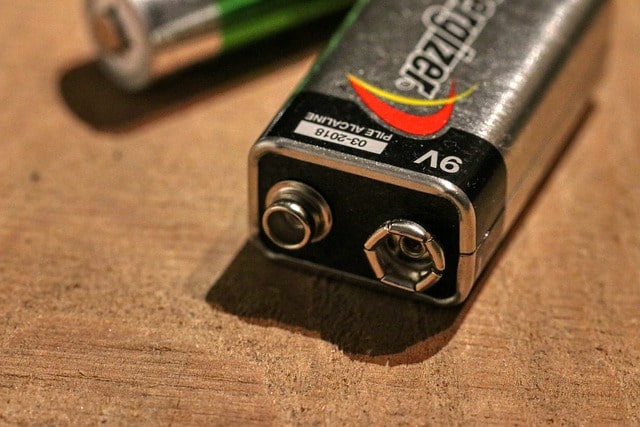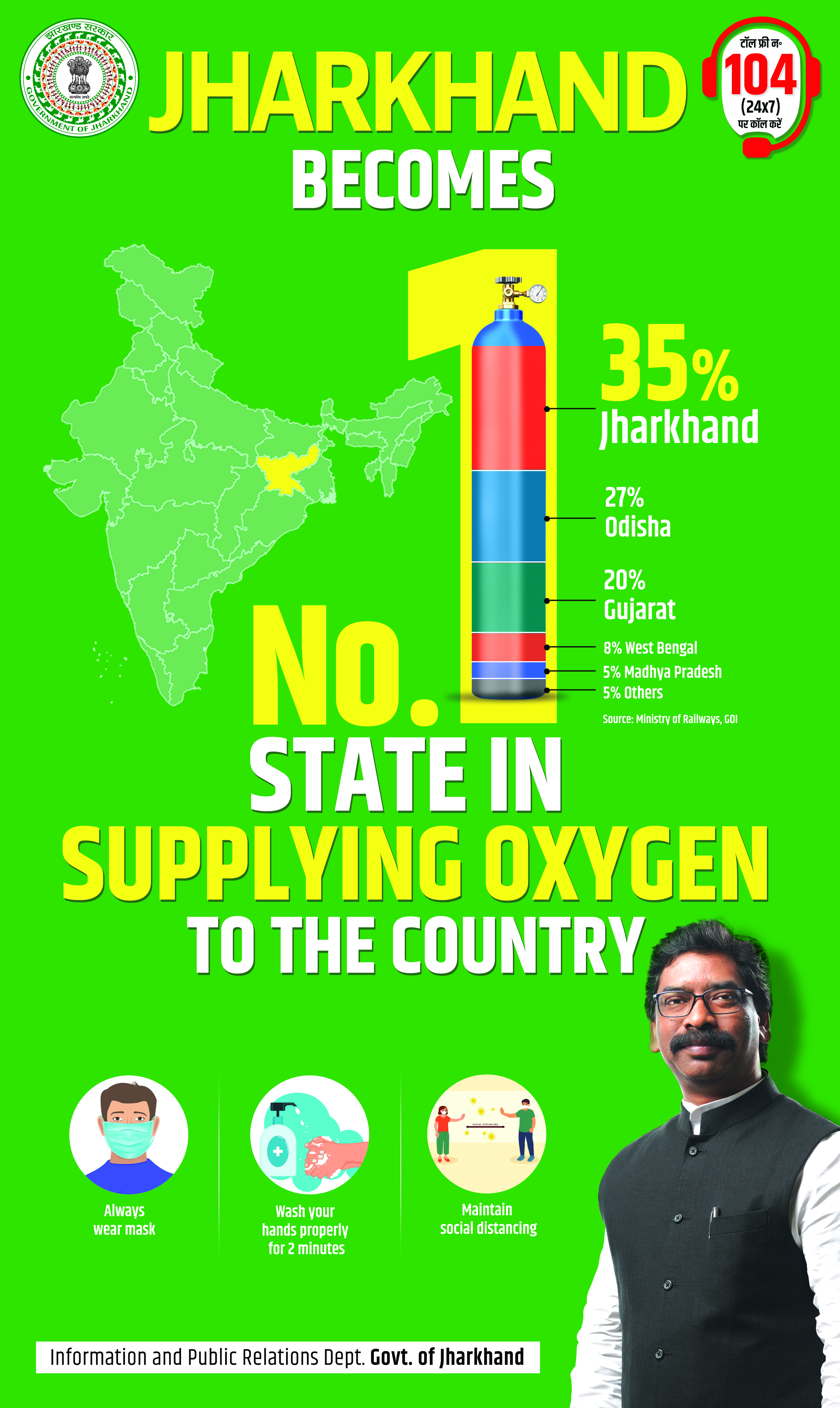
The government has given go-ahead for inviting the expression of interest for the installation of 1000 MWh Battery Energy Storage System (BESS) as a pilot project. This is the joint effort of both Ministry of New and renewable energy and the Ministry of Power who have been working on this to provide a road map for the installation of the energy storage system in the country.
In order to support the ambitious goal of achieving the 450 GW renewable energy target of the Ministry of New and renewable energy by 2030, it is important that it gets duly supported with the installation of energy storage systems (battery energy storage system, hydro pump storage plants etc.).
Solar Energy Corporation of India (SECI), a CPSU under the Ministry of New and renewable energy, has called for the expression of interest for the procurement of 1000 MWh BESS. This will be published along with the RFS bid document and the draft comprehensive guideline for procurement and utilization of BESS as a part of generation, transmission and distribution assets and with all ancillary services.
This will be discussed in the pre-bid conference scheduled to be held on 28th October 2021 at 4pm.
Based on the suggestions and the feedback from various stakeholders, the final RFS document will be floated in the first week of November 2021, along with the final comprehensive guidelines for procurement and utilization of BESS as a part of generation, transmission and distribution assets and with all ancillary services.
Going forward, India plans to use an energy storage system under the following business cases:--
